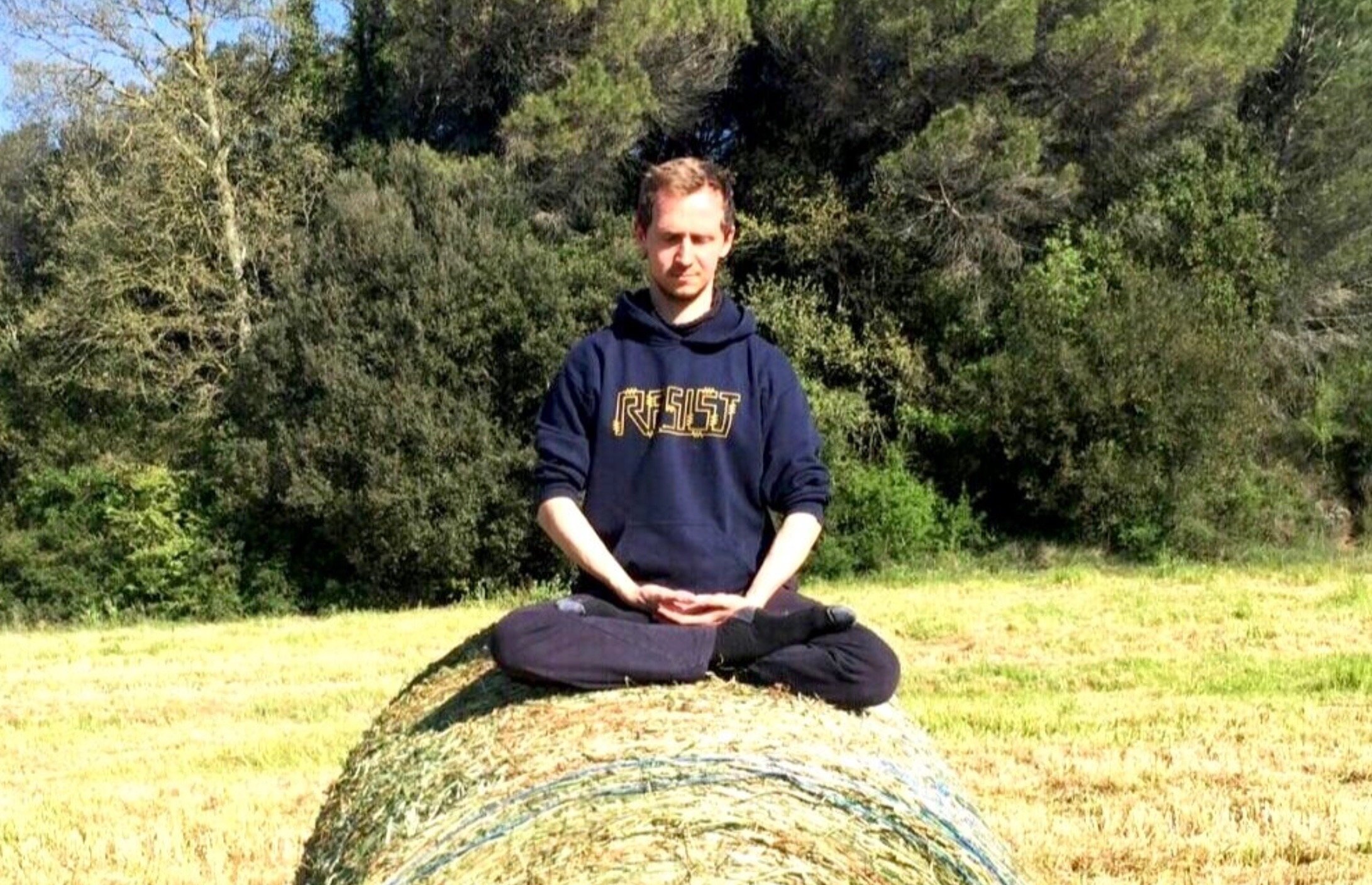
Why Reading is Essential for Your Tai Chi Chuan Training
Unlock the Secrets of Tai Chi Chuan with These Essential Books
In Tai Chi Chuan, reading is just as important as physical practice. While your classes and home workouts focus on the "Yang" (active, physical) aspect, reading and reflection embody the "Yin" (passive, mental) side of your training. Understanding Tai Chi’s rich history, theory, and principles is key to unlocking the true essence of this martial art.
No single book can teach you everything, but that’s the beauty of it—you can explore at your own pace. Whether you're interested in mastering different Tai Chi forms, delving into its core principles, or enhancing your meditation and Qigong practices, the right book can be your guide. From foundational texts like "T'ai Chi Ch'uan: A Simplified Method" by Cheng Man-Ch’ing to the enlightening "Tai Chi Secrets of the Ancient Masters" by Yang Jwing-Ming, there are books for every stage of your journey.
For beginners, I recommend "Sunset Tai Chi" by Master Ramel Rones—a perfect introduction to Tai Chi for relaxation and longevity. Let these readings deepen your practice and lead you toward the freedom of freestyle Tai Chi. Explore, learn, and transform your practice with these curated Tai Chi books!

The "Secret" of Tai Chi Chuan is Ma Bu
The "Secret" of Tai Chi Chuan lies in mastering Ma Bu, or the horse stance. Achieving tranquility and balance—both in Tai Chi practice and daily life—requires grounding yourself through Ma Bu. This essential stance helps align your body, relax your mind, and build a strong foundation. Whether you're in stillness, movement, or interaction, Ma Bu cultivates the roots you need for stability and calmness. Don’t skip it in your training; it’s the key to progress both on and off the mat. Remember, true mastery begins with a solid foundation.

11 Tips For Your Tai Chi Chuan Training
In "11 Tips For Your Tai Chi Chuan Training," the emphasis is on finding balance and harmony in your practice. Start by relaxing and aligning your body, moving from a stable base with energy flowing smoothly from your legs to your fingertips. Focus on the yin-yang duality in your movements—balancing light and heavy, open and close, movement and stillness. Keep it simple, focus on big movements first, and let the details unfold naturally over time. Prioritize mindful breathing and protect your knees. Most importantly, enjoy the journey and have fun with your practice.

Being the Flame, Being the Hand
In "Being the Flame, Being the Hand," the focus is on achieving effortless interactions by first observing and listening—both on and off the mats. Inspired by martial arts principles, this approach emphasizes adjusting your energy and actions to those around you, creating a natural flow in your interactions. By becoming attuned to others, you can synchronize your responses, making conversations, meetings, or even confrontations more effective and harmonious. This strategy not only enhances your martial arts practice but also improves your everyday interactions, helping you connect more deeply and authentically with others.

4 Habits to Truly Master Your Art. Become a Jedi!
To truly master your art, it’s about more than just hard work—it’s about building the right habits. After years of training in Tai Chi, Brazilian jiu-jitsu, Judo, and Aikido, I’ve found that four key habits have made all the difference: meditation, mindfulness, focused training, and consistent practice of the fundamentals like Ma Bu (horse stance). These habits not only enhance your skills but also center your mind and body, helping you progress steadily. The journey to mastery is long, but with the right habits, you can make your art truly your own.